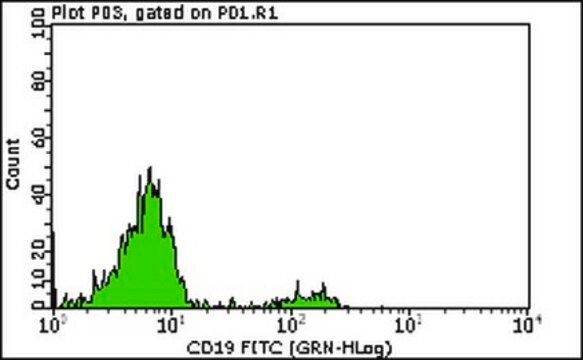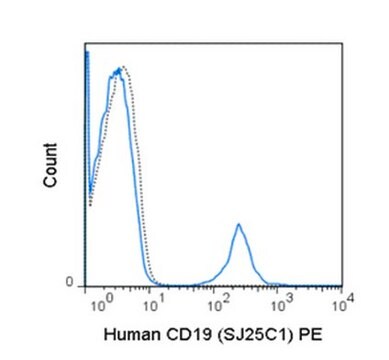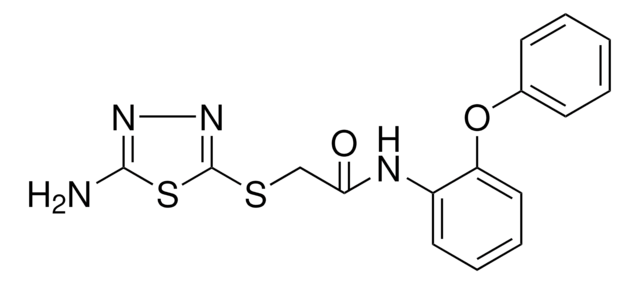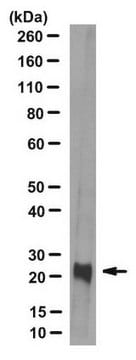MABF1647
Anti-CD19 Antibody, FITC Conjugated, (human), clone SJ25C1
clone SJ25C1, from mouse, FITC conjugate
Sinónimos:
B-lymphocyte antigen CD19, B-lymphocyte surface antigen B4, Differentiation antigen CD19, T-cell surface antigen Leu-12, CD antigen CD19
About This Item
Productos recomendados
biological source
mouse
conjugate
FITC conjugate
antibody form
purified antibody
antibody product type
primary antibodies
clone
SJ25C1, monoclonal
species reactivity
human
technique(s)
flow cytometry: suitable
isotype
IgG1κ
UniProt accession no.
shipped in
wet ice
target post-translational modification
unmodified
Gene Information
human ... CD19(930)
General description
The SJ25C1 antibody is widely used as a phenotypic marker for CD19 expression on B cells, as well as on dendritic cell subsets.
Immunogen
Application
Inflammation & Immunology
Quality
Evaluated by Flow Cytometry in human peripheral blood lymphocytes.
Flow Cytometry Analysis (FC): 0.5 μg of this antibody detected CD19 in one million human peripheral blood lymphocytes.
Physical form
Storage and Stability
Handling Recommendations: Upon receipt and prior to removing the cap, centrifuge the vial and gently mix the solution. Aliquot into microcentrifuge tubes and store at -20°C. Avoid repeated freeze/thaw cycles, which may damage IgG and affect product performance.
Note: Variability in freezer temperatures below -20°C may cause glycerol containing solutions to become frozen during storage.
Other Notes
Disclaimer
Not finding the right product?
Try our Herramienta de selección de productos.
Storage Class
12 - Non Combustible Liquids
wgk_germany
nwg
flash_point_f
Not applicable
flash_point_c
Not applicable
Certificados de análisis (COA)
Busque Certificados de análisis (COA) introduciendo el número de lote del producto. Los números de lote se encuentran en la etiqueta del producto después de las palabras «Lot» o «Batch»
¿Ya tiene este producto?
Encuentre la documentación para los productos que ha comprado recientemente en la Biblioteca de documentos.
Nuestro equipo de científicos tiene experiencia en todas las áreas de investigación: Ciencias de la vida, Ciencia de los materiales, Síntesis química, Cromatografía, Analítica y muchas otras.
Póngase en contacto con el Servicio técnico








